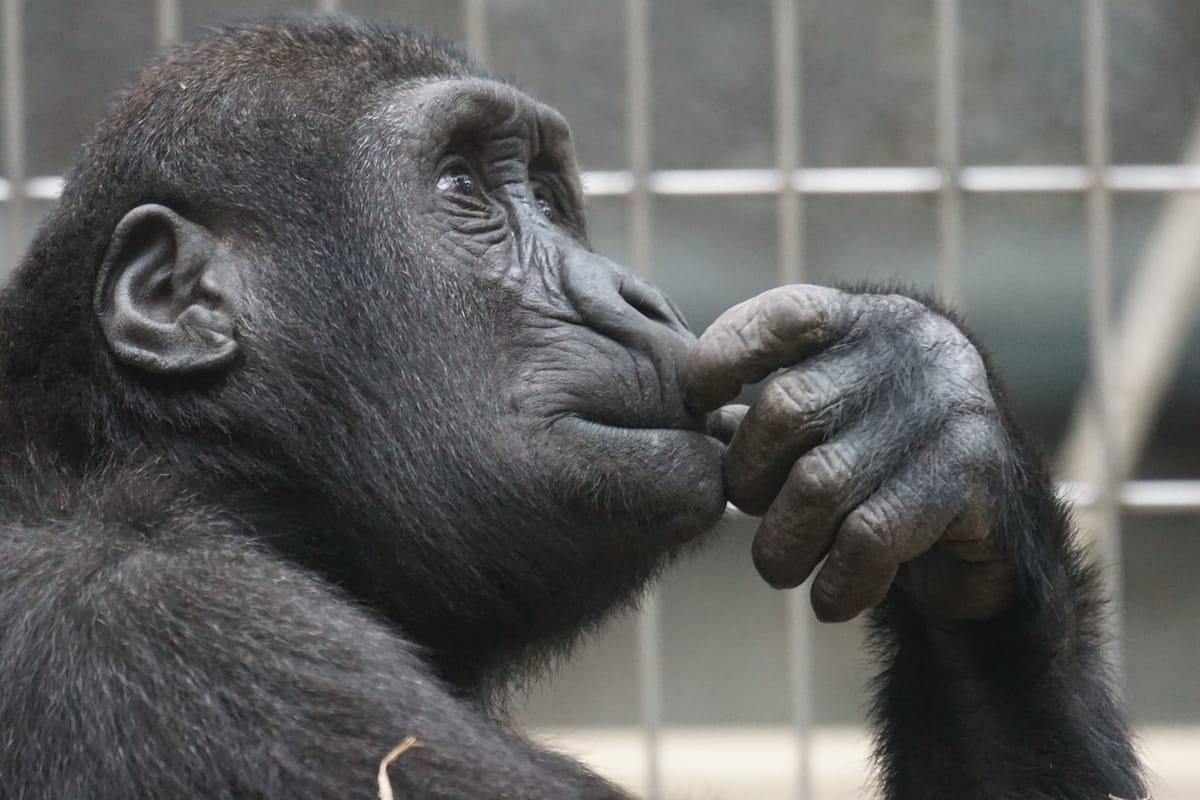Big and Small Decisions
Discusses the differences between deliberate ('big') and subconsious ('small') decisions.

We make a lot of decisions in our lives: which food to pick from the menu, which brand of pasta to get from the store, which job offer to accept. I want to argue in this article that it is helpful to divide the decisions we make into two broad categories: big decisions and small decisions. I will start with defining what I mean by these respectively.
Big decisions are decisions to which we dedicate a lot of deliberation. For instance, when looking to purchase a house, people will often do extensive research on neighbourhoods in their city, schools, and prices. This deliberation takes time and is often accompanied by some formal aids, such as simple math calculations and lists. We also often discuss big decisions with others.
Small decisions in contrast are those decisions we take quickly or even automatically. We don’t really think much about them. If we decide what to make for dinner, we often just have a quick look in the fridge or accept the first recommendation in the Uber Eats app. We certainly don’t do a formal evaluation of our options and often just go with what ‘feels’ right.
Both big and small decisions have a place in our lives. If we were to make every decision we have to make into a big decisions, we would be paralysed by the time and effort required. If we were to make every decision a small decision, we would be guaranteed to get an undesirable outcome more often than we would like.
While both big and small decisions have a place in our lives, we probably make too many decisions as small decisions. It is natural for us to follow our gut instinct in important decisions, such as which car to buy or what to buy in the supermarket (If you ask why what you buy in the supermarket is an important decision, remember that you are for the most part made out of what you eat and drink, so the choice of these building materials should deserve some attention.) To put it less politely, we are often too lazy to think and rather err on the side of not thinking. That is not exactly our fault since our brain has been adapted to conserve energy wherever possible (and yes, thinking hard about a new and formal problem does use energy in our brains in a measurable way).
Therefore we should be mindful to make more big decisions. They might be more difficult and take more of our time but they are also empowering. While we often make small decisions while drawing on the power of the subconscious, they can lead us to do things which are not congruent with who we want to be. We might have decided to drink less alcohol, for instance, in a big decision after a doctor’s visit. But once we drive by the liquor store, we might quickly decide to grab a six pack for ourselves just in case.
I think the pattern of big and small decisions also applies to organisations and countries. For the latter, political decision making might either be driven by the political demands and forces of the present (small decisions) or by careful, pragmatic and logical deliberations aligned towards the long-term good.
In organisations, if there are too many big decisions, we would call it static and bureaucratic. If there are too many small decisions, we would see the organisation as aimless and chaotic. In this context, it thus needs to be carefully considered, which decisions are to be taken deliberately and which ones in an agile, ad-hoc manner.





